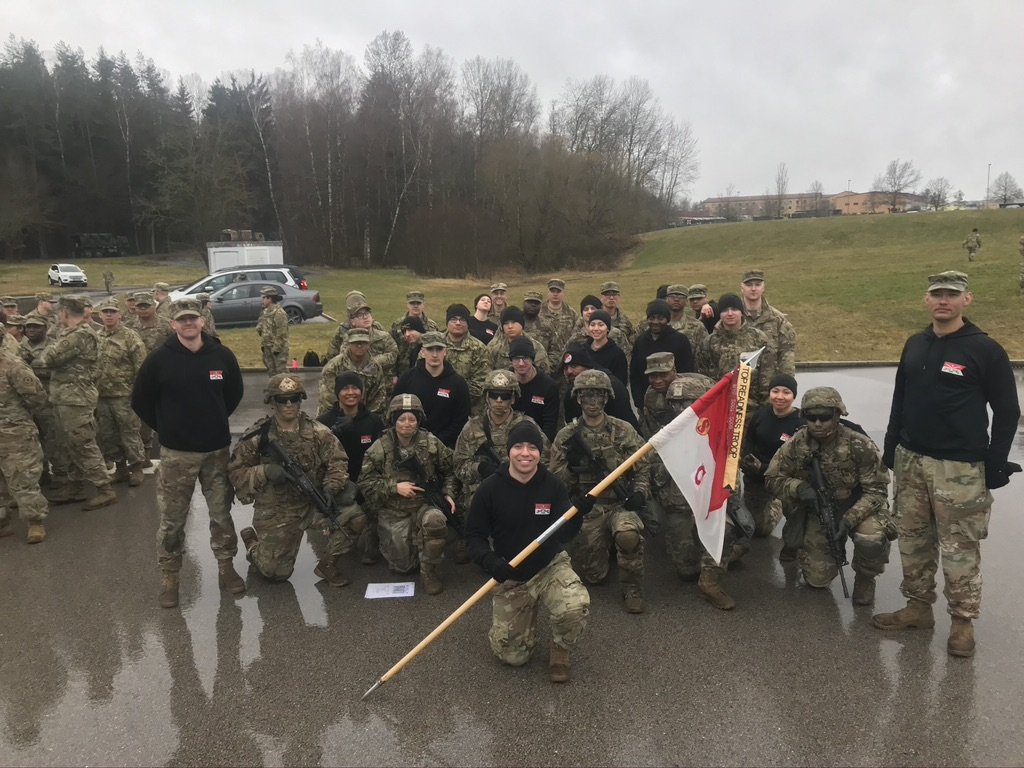Leadership and Reflection
One of the recurring themes here at AIP is self-reflection. It is an essential part of our journey as leaders because we need the best of ourselves to show up for those in our charge. This might sound a bit contradictory, but I believe part of self-reflection is getting input from your seniors, peers, and subordinates to paint an accurate picture of how you interact with your organization.
I can’t speak for the civilian sector, but I can say with certainty that the Army has a way of evaluating leaders that makes us feel good about ourselves. We’ve all had those evaluation bullets that make it sound like we saved the world from spiraling into chaos when, in fact, the actions taken were executed by subordinates under our tutelage, but I digress.
In many cases, non-commissioned officers write their performance evaluations instead of their supervisor. Sure, you probably have more knowledge of writing them, but that doesn’t take away from the fact that you may not be the most objective person when writing your evaluation.
Further, throughout my career, I have completed many Command Climate Surveys. For my civilian readers, that is a tool Army commanders use to understand what they are doing well and what they need to improve on from their subordinate’s perspective. Understanding that you can’t please everyone, I have found that some leaders do not like receiving feedback. Any negative feedback usually gets chalked up to things leaders say are out of their control.
According to Dr. Dunning, the Dunning-Kruger Effect “was always about how we should be humble and cautious about ourselves.” Unfortunately, I see a lot of leaders that lack these attributes. While humility and caution may not determine whether you are a self-reflective leader, it certainly doesn’t hurt to exercise these attributes.
When being self-reflective, you must take a deep dive inward and be committed to changing things that are not productive for your organization. Leadership, after all, is not about how you feel; it’s about how effective you are for your team. Here are some things to keep in mind if you want to maintain a self-reflective attitude:
Ask others for feedback and encourage others to provide feedback. As a senior leader, I used to ask my NCOs and Soldiers for input from their perspective. It wasn’t always easy, but it was always enlightening to hear what they had to say. Likewise, I always encouraged everyone at all levels to get feedback from the top and bottom. Don’t blow the feedback off! Consider what people tell you and reflect on why they might feel the way they do.
You must keep learning if you want to have meaningful self-reflection. You will never know how to improve yourself if you lack knowledge as a leader. You will never get that knowledge if you do not read about leadership successes and failures inside and outside your industry. I have found that reading literature on topics outside of my profession gives me perspectives that I would not have gotten had I stayed closed off.
Be humble but be realistic. Many of you are extraordinary people who have done remarkable things in your lives. Draw on those experiences to reflect on the current version of yourself. If you liked how you led in the past, but don’t like how you’re leading now, ask yourself why. Do not beat yourself up about the changes. You made those changes in response to past situations. Reflect on those situations and determine the best way to move forward.
If all of this gets a little uncomfortable, I’d say you’re doing it right. Don’t let the discomfort get in the way of your growth. You, after all, ask the same thing of your subordinates.
~Rey


